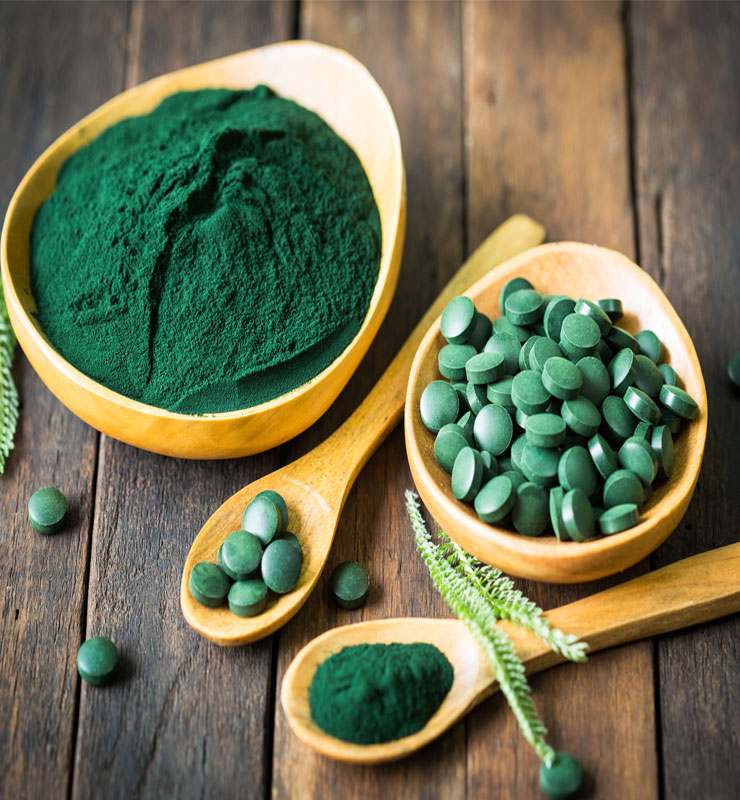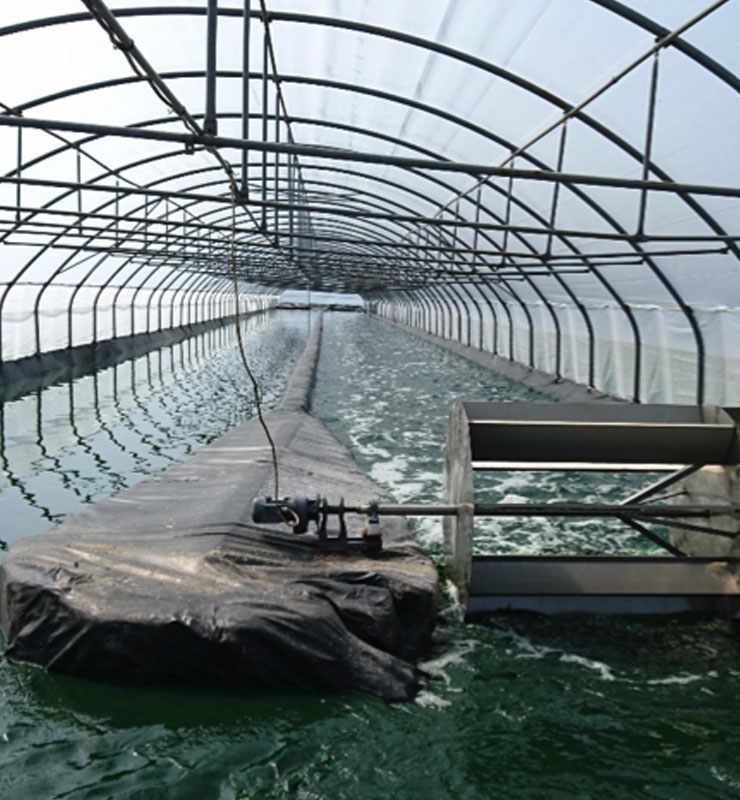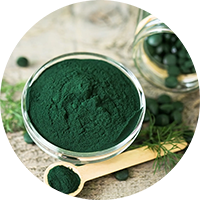- Location Surat, Gujarat
- Email grosainternational@gmail.com
- Phone +91 9090 121414



Spirulina, a blue-green algae, packs a nutritional punch in its tiny form. Rich in protein, vitamins, and minerals, it’s hailed as a superfood. With its vibrant color and earthy taste, spirulina is commonly consumed as a supplement or added to smoothies, juices, and dishes for a health boost. Its high protein content makes it a favorite among vegetarians and vegans. Beyond its nutritional value, spirulina is also being explored for its potential health benefits, including antioxidant and anti-inflammatory properties. As sustainable food options gain traction, spirulina stands out for its eco-friendly cultivation methods and potential to alleviate malnutrition worldwide.

In nature, Spirulina grows in mineral-rich lakes that are often found near volcanoes or places with thermal activity. The largest Spirulina lakes include Lake Texcoco in Mexico, lakes along the Great Rift Valley in East-Africa; and Lake Chad in Central Africa.
Civilizations have eaten Spirulina for centuries, including the Mayans and Incas. Spirulina is still harvested for food by the Kanembu people living around Lake Chad. Women collect the Spirulina and filter out the water in the sand. The dried ‘flatcakes’ – called dihé – are sold in local markets.
